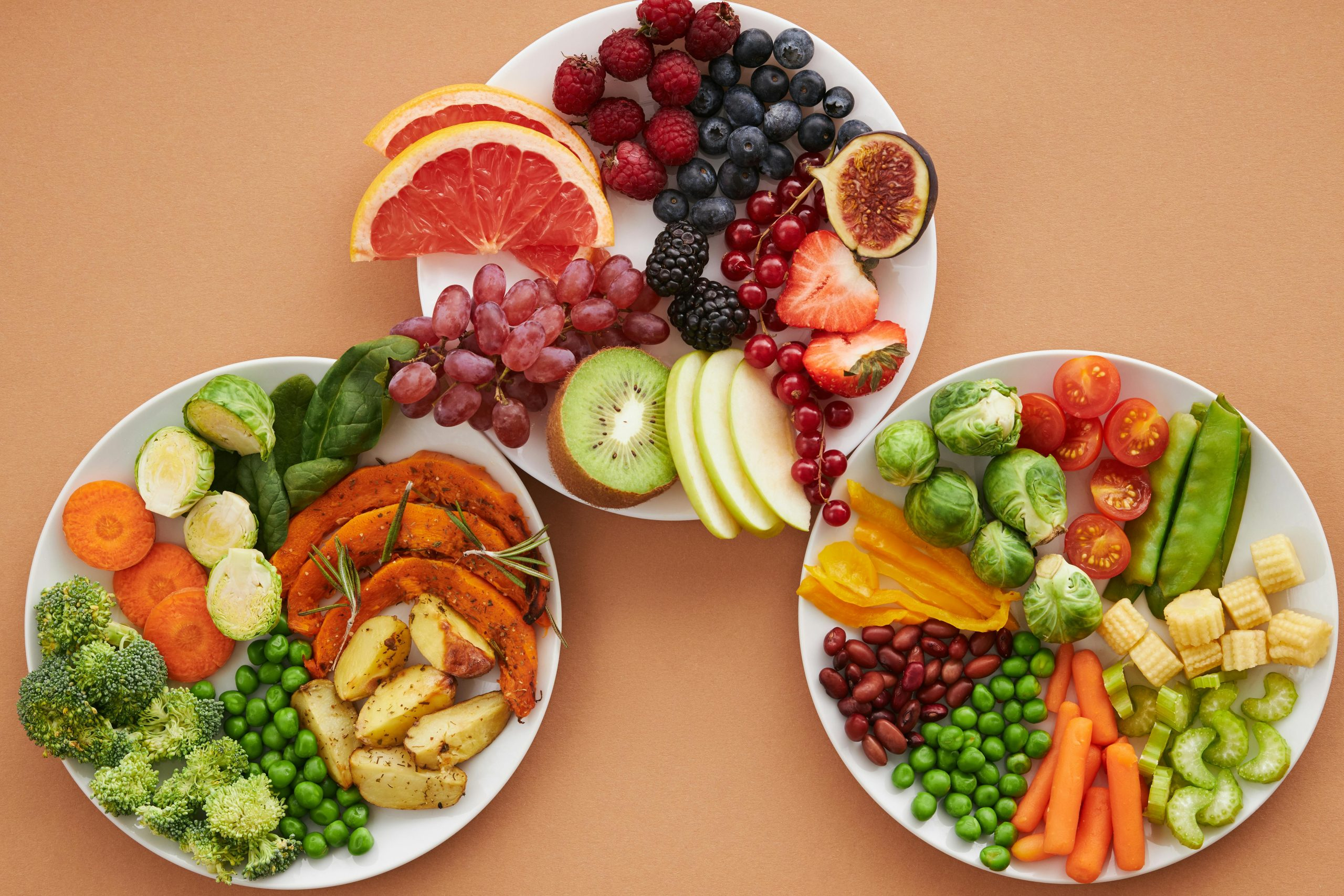The Truth About Organic Versus Conventional Foods
When it comes to food, one of the most debated topics is whether organic or conventional foods are better for our health. Proponents of organic foods claim that they are more nutritious and free of harmful chemicals, while conventional food advocates argue that there is no significant difference between the two. So, what is the truth about organic versus conventional foods?
The Basics of Organic and Conventional Foods
To understand the differences between organic and conventional foods, we first need to understand how they are produced. Organic foods are grown without the use of synthetic pesticides, fertilizers, or genetic modifications. The use of antibiotics in organic livestock is also prohibited. On the other hand, conventional foods are produced using synthetic chemicals and are often heavily processed.
Now, let’s take a closer look at the claims made by both sides.
The Truth About Nutritional Value
Organic Foods
Proponents of organic foods argue that they are more nutritious than conventional foods. Organic fruits and vegetables are said to have higher levels of vitamins, minerals, and antioxidants, which are essential for our health. Some studies have also shown that organic milk and meat contain higher levels of omega-3 fatty acids.
Moreover, since organic farming practices focus on building healthy soil, the produce may also have a more diverse and nutrient-rich microbiome, which could potentially improve our gut health.
Conventional Foods
On the other hand, conventional food advocates argue that there is no significant difference between the nutritional value of organic and conventional foods. They claim that the use of synthetic pesticides and fertilizers does not affect the nutritional content of the produce and that any differences are negligible.
Additionally, conventional food producers argue that genetic modifications are a necessary tool to increase crop yield and help feed a growing global population. They also argue that the use of antibiotics in livestock is essential for preventing and treating diseases, which could potentially impact the nutritional value of the meat.
The Truth About Chemical Residues
Organic Foods
One of the main reasons people choose organic foods is to avoid exposure to harmful chemicals. Proponents of organic foods claim that organic produce is free of synthetic pesticides, which have been linked to various health issues, including cancer and reproductive problems.
Furthermore, organic farming practices promote natural methods of pest control, such as crop rotation and biological control, which are considered to be safer for both humans and the environment.
Conventional Foods
Despite the potential risks associated with synthetic pesticides, the use of these chemicals in conventional farming has been deemed safe by regulatory agencies. They argue that the residues found on produce are within acceptable limits and do not pose a threat to human health.
Moreover, conventional food producers argue that without the use of synthetic pesticides, it would be challenging to meet the demand for food, and there would be a significant increase in food prices.
The Bottom Line
So, what is the truth about organic versus conventional foods? The answer is not black and white. While organic foods may have some benefits, there is not enough scientific evidence to support the claim that they are significantly more nutritious than conventional foods. On the other hand, conventional foods may contain some chemical residues, but they are within safe limits according to regulatory agencies.
Ultimately, the choice between organic and conventional foods comes down to personal preference and budget. While organic foods may be a better option for some, others may not have access to or be able to afford organic produce. The most important thing is to focus on a balanced diet that includes plenty of fruits and vegetables, regardless of whether they are organic or conventional.
In conclusion, the truth about organic versus conventional foods is that there is no clear winner. Both options have their pros and cons, and it ultimately depends on what you prioritize and feel comfortable consuming. As long as we make informed choices and focus on a balanced diet, we can make the best decisions for our health and the environment.










